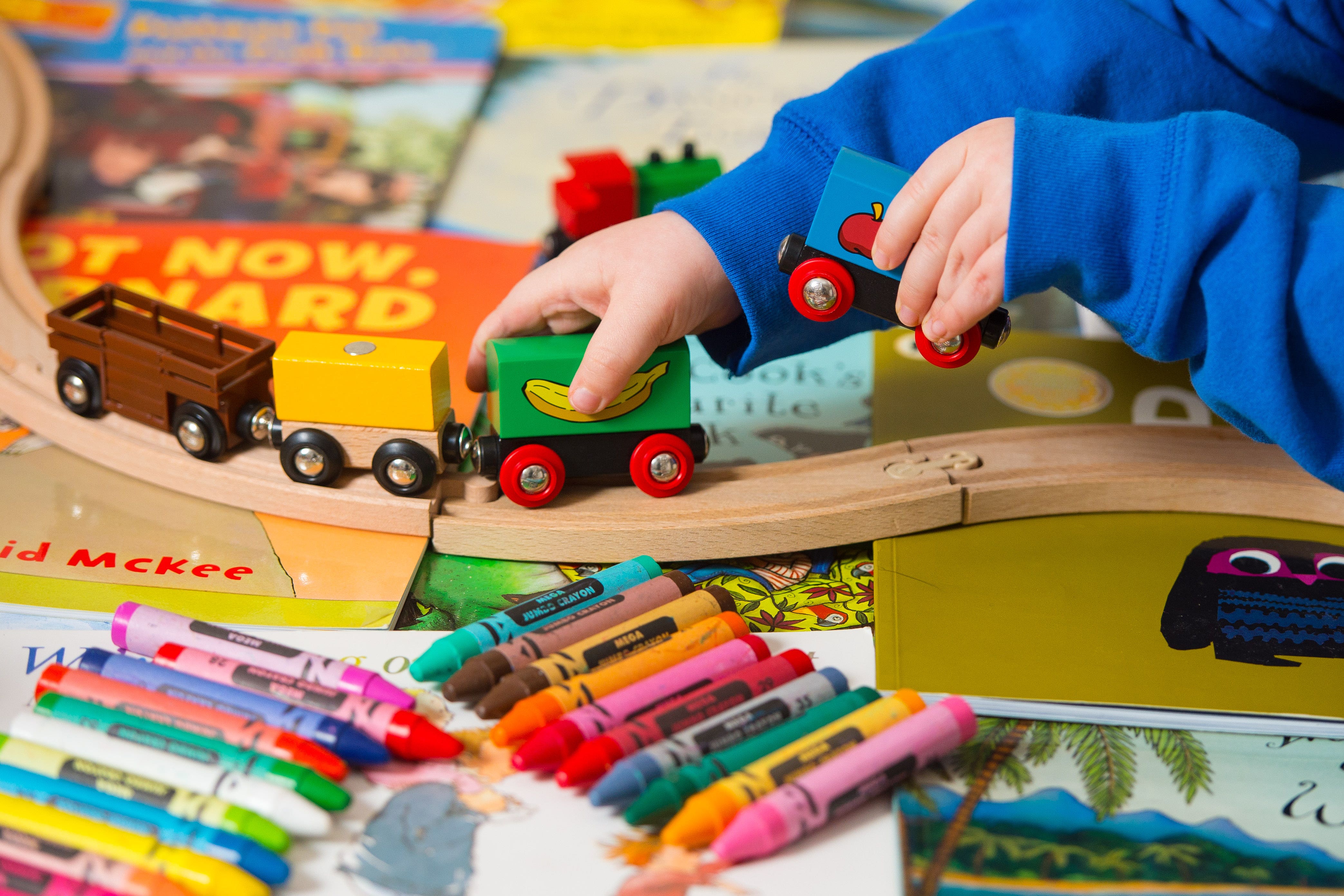Covid recovery scheme boosts children’s language development ‘by four months’, study finds
The Nuffield Early Language Intervention was offered to all state primary schools in England

Your support helps us to tell the story
From reproductive rights to climate change to Big Tech, The Independent is on the ground when the story is developing. Whether it's investigating the financials of Elon Musk's pro-Trump PAC or producing our latest documentary, 'The A Word', which shines a light on the American women fighting for reproductive rights, we know how important it is to parse out the facts from the messaging.
At such a critical moment in US history, we need reporters on the ground. Your donation allows us to keep sending journalists to speak to both sides of the story.
The Independent is trusted by Americans across the entire political spectrum. And unlike many other quality news outlets, we choose not to lock Americans out of our reporting and analysis with paywalls. We believe quality journalism should be available to everyone, paid for by those who can afford it.
Your support makes all the difference.Children in Reception who took part in a Covid catch-up programme made four additional months’ progress in their language development compared to pupils who did not participate, a study suggests.
The Nuffield Early Language Intervention (Neli) was offered to all state primary schools in England across three academic years to help four- and five-year-olds affected by the pandemic with their language skills.
The national rollout of the scheme, funded by the Department for Education (DfE) as part of its efforts to help education recovery, saw around 6,500 schools register to take part in the first year (2020/21).
A further 4,000 signed up across the second and third years of delivery (2021/22 and 2022/23).
An independent evaluation of the programme, by the National Foundation for Educational Research (NFER), found that young children made on average four months’ additional progress in their language skills compared to pupils in participating schools who did not receive the intervention.
Further analysis found that children eligible for free school meals made on average seven months’ additional progress as a result of the programme.
The evaluation, which looked at data from 10,800 children in 350 schools in 2021/22, suggests that Neli could help to close the language development gap between disadvantaged children and their peers.
The scheme is a 20-week intervention where school staff, usually teaching assistants, deliver individual and small-group sessions to help children improve their vocabulary, active listening and narrative skills.
The findings, published by the Education Endowment Foundation (EEF), showed that the impact was greater for children who received more sessions compared with children who received fewer sessions.
Due to ongoing disruption caused by the pandemic, many schools included in the evaluation were unable to deliver all the sessions as intended.
But even for children who received fewer sessions, there was an average positive impact on their language outcomes, the report found.
Professor Becky Francis, chief executive of the EEF, said: “It’s hard to overestimate how exciting it is to see a programme have a significant positive impact on a national scale.
“This gives early years educators a programme that they can trust to help children needing additional support with their communication and language skills, particularly those from disadvantaged backgrounds.”
The DfE funded the national rollout of Neli in response to evidence suggesting children’s language development had been affected by the pandemic.
“They are funding it for a fourth year of delivery.”
David Johnston, minister for children, families and wellbeing, said: “High-quality childcare and language development are so crucial to make sure children are ready for school and to improve their life chances.
“That is why programmes like Nuffield Early Language Intervention (Neli) are so important.
“It’s fantastic to see that the children involved in the programme are now four months ahead of where they would have been without the programme, with disadvantaged children having benefitted the most.”


